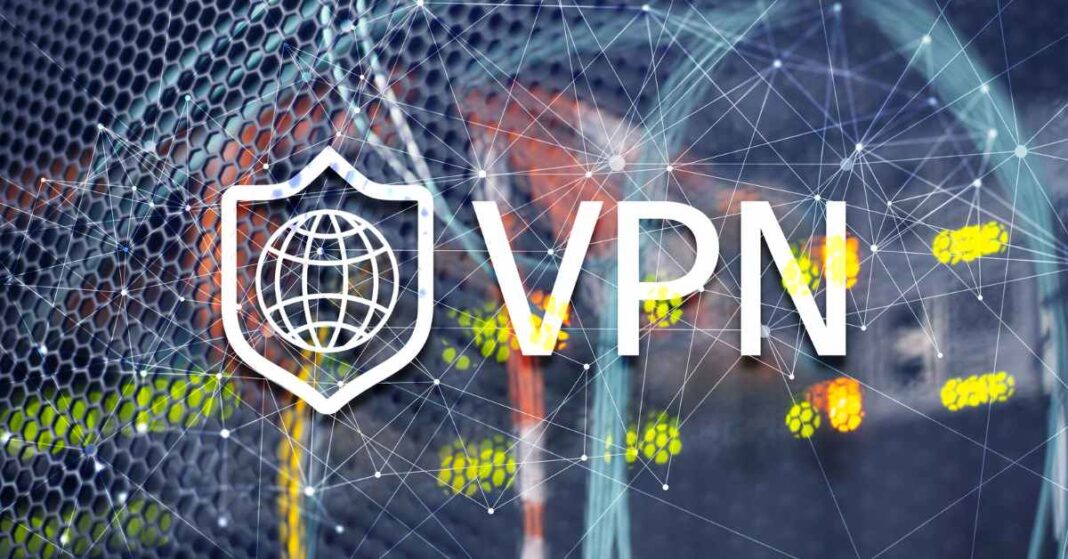Have you ever wondered why more and more users use VPN connections? We explain what a VPN connection is, what it is used for, and what advantages you can take advantage of daily.
As digitization increases and becomes increasingly urgent amid the contingency that still affects us, it is also essential to take care of maintaining, as much as possible, our data privacy when browsing the web.
In these times, it is essential to protect the privacy of your data when browsing the Internet, even when you connect your devices to the Wi-Fi network of your favourite cafeteria.
What is a VPN?
A VPN (Virtual Private Network) connection is a type of network that mimics a private network on a public one. It is an online service that allows you to hide your IP address, access restricted content for your geographic location, and protect your data when using the Internet.
A VPN keeps your online identity private by encrypting and hiding your traffic. Thus, your connection flows through an encrypted tunnel that nobody can read, keeping you safe from hackers and cybercriminals on the Internet. Create a local network without needing its members to be physically connected, but virtually.
Why Use VPN?
When we browse the Internet, our equipment connects, and information is exchanged between them. For example, if we join an unsecured Wi-Fi network and check the mail service from the mobile, we connect to a server to which we send the username and password to validate us, and it will send the emails to the mobile.
Although legally, the Internet service provider has to record the connection of our device with the mail server, if someone connected to our Wi-Fi spies on us, they could compromise privacy since they would know that we have connected to a specific mail service or a server of our company.
Data encryption through a VPN will protect you from theft of personal data, unwanted advertising, account information and bank keys, etc.
Companies often use these private networks so that their workers can connect to them from various parts; No matter where they are, by connecting to a VPN, they will have access to resources and information that only the company has on the web. This is why, especially nowadays, VPNs are being used more frequently due to the significant growth of teleworking.
Types Of VPN
Within the interconnection of networks, we highlight two types of VPN connections: Remote Access VPN and VPN Site-to-site.
Remote AccessVPN: This VPN provides users with seamless and secure remote access to networks and resources. It is done over the Internet using a remote Access server through multifactor authentication.
Site-to-site VPN: Companies with facilities in different locations use this type of VPN connection to connect the network from one facility to another. This VPN creates a virtual bridge between networks and connects them over the Internet to maintain a secure and private connection.
What are the Advantages and Disadvantages of VPN?
Advantage
- VPN is to create a secure connection through an insecure medium such as the Internet. In addition, currently, although many users have Internet access via mobile (3G/4G), there are still many users who, mainly to save data, use networks such as municipal Wi-Fi in airports, bars/restaurants, trains, planes, hotels etc. of which we do not know the level of security and reliability. VPNs give us advantages in several aspects.
- There are cases in which knowing where we connect could pose a personal, economic or business risk. Suppose we connect from an unsecured line to the computer at home or our company. In that case, someone could intercept the information and use it, analyze it and, in the case of credentials, try to access those computers for various purposes, generally not very legitimate. If the connection they can see is with our VPN server, they will need help to determine the connection’s destination quickly.
- On the other hand, if our connection is not encrypted and someone intercepts it, they could use it for various activities such as theft of personal data, theft of credentials, etc. As we explained earlier, the VPN always encrypts the data between our device and the VPN server, so if they intercept the information, it will be of no use to them.
- Not encrypted information could be intercepted and modified to deceive the recipient. If that information is encrypted, it cannot be modified.
Disadvantages
- VPNs also have their drawbacks. Among them, and the most common, especially in free servers, is that the VPN server provides us with an IP address from another country, so many websites will interpret that we are loading the page from that country, and it is possible that the idiom.
- The other big drawback is that communication is usually slower than if it were direct. In the case of free services, in addition to limiting the speed, they limit the amount of data we can transfer. In payment services, there are usually no data transfer limitations. However, when using a service that acts as an intermediary, the speed will always decrease compared to a direct connection through fibre optics or ADSL.
- A VPN can slow down your browsing speed. Browsing speed may be affected when viewing streaming content or downloading any file.










![Imginn Instagram Story and Photos Anonymous Viewer Tool [Free] Imginn](https://www.iblogtech.com/wp-content/uploads/2023/09/imginn-150x150.webp)



